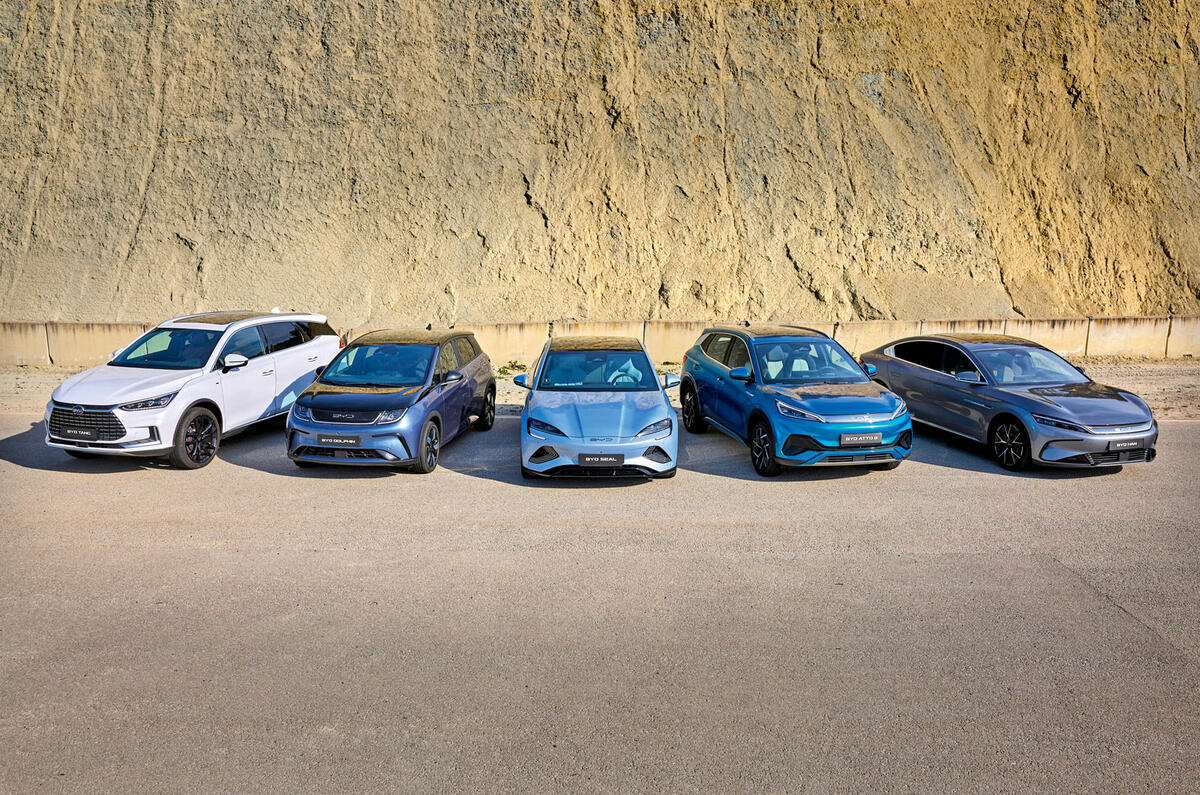Here’s a good pub quiz question: who was the world’s biggest manufacturer of plug-in cars in 2022? What would you guess? Tesla’s the obvious one. Maybe the Volkswagen Group or Stellantis?
Well, you’d be looking at the wrong side of the planet. BYD, or Build Your Dreams, is a Chinese manufacturer based in Shenzhen. It produces batteries, solar panels, forklift trucks, trains, buses, cars and more, and it’s recently burst onto the European car market, including the UK. Last year, it made 1.85 million plug-in cars.




Add your comment